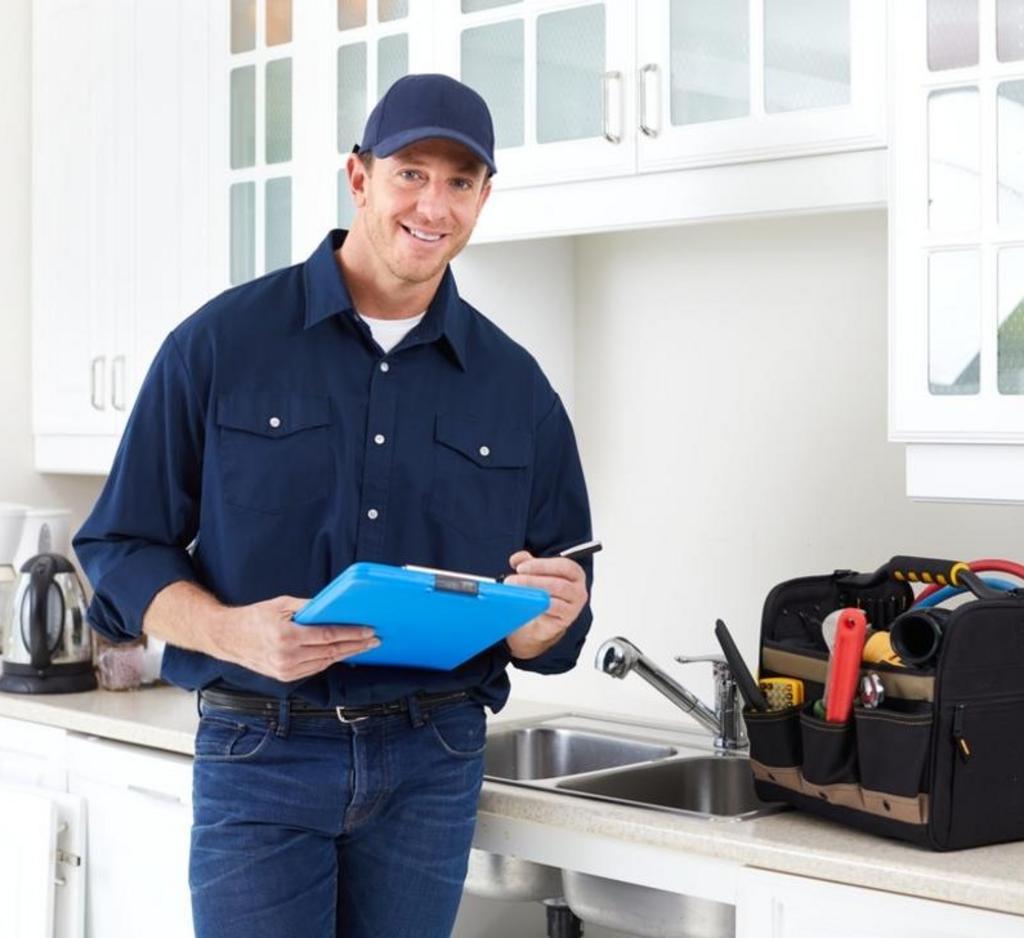Coming Soon
Residential Home Inspections
Residential Home Inspections are comprehensive assessments of a property's condition, typically conducted before a sale or purchase. These inspections cover various aspects of the home, including its structural integrity, electrical systems, plumbing, HVAC (heating, ventilation, and air conditioning), roofing, insulation, and more. The goal is to identify any existing or potential issues that may affect the property's value or safety. Professional inspectors use specialized tools and techniques to examine each area thoroughly and provide a detailed report to the client, highlighting any concerns and recommended actions. Home inspections play a crucial role in helping buyers make informed decisions and ensuring sellers disclose accurate information about the property's condition.









What is Residential Home Inspections?
Residential Home Inspections are thorough evaluations of residential properties, typically conducted by certified inspectors. These inspections assess the overall condition of the home, including its structural components, systems (such as electrical, plumbing, HVAC), interior and exterior features, and safety aspects. The primary purpose of a residential home inspection is to provide buyers, sellers, and homeowners with an accurate and detailed assessment of the property's condition. This information helps buyers make informed decisions before purchasing a home, allows sellers to address any issues before listing their property, and enables homeowners to maintain their homes effectively. Inspectors use specialized tools and knowledge to identify potential problems, safety hazards, and areas that may require maintenance or repairs. The inspection report generated after the assessment serves as a valuable resource for understanding the property's strengths, weaknesses, and overall quality.

Residential Home Inspections information continued
Residential Home Inspections typically follow a structured process to thoroughly assess the condition of a property. Here's an overview of how Residential Home Inspections work:
- Scheduling and Preparation: The process begins with scheduling an inspection appointment with a certified home inspector. Before the inspection, it's essential to ensure that the property is accessible and that utilities (such as electricity, water, and gas) are turned on for testing various systems.
- Exterior Inspection: The inspector starts by examining the exterior of the home, including the roof, foundation, walls, windows, doors, gutters, and drainage systems. They look for signs of damage, wear and tear, water intrusion, structural issues, and safety hazards.
- Interior Inspection: Next, the inspector evaluates the interior of the home, including rooms, ceilings, floors, walls, stairways, doors, and windows. They check for issues such as leaks, water damage, electrical problems, plumbing issues, insulation quality, and ventilation.
- System Evaluations: The inspector tests various systems within the home, such as electrical systems (outlets, switches, wiring), plumbing systems (pipes, fixtures, water heaters), heating and cooling systems (furnace, air conditioning, vents), and any additional systems like fireplaces or gas appliances. They assess functionality, safety, and compliance with building codes.
- Documentation and Reporting: Throughout the inspection, the inspector takes detailed notes, measurements, and photographs to document their findings. After completing the assessment, they compile this information into a comprehensive inspection report. The report includes descriptions of observed issues, recommendations for repairs or maintenance, safety concerns, and any areas that may require further evaluation by specialists (such as structural engineers or pest inspectors).
- Review and Recommendations: Once the inspection report is ready, the inspector reviews it with the client, typically the buyer or homeowner. They discuss the findings, answer questions, and provide guidance on prioritizing repairs or improvements. The report serves as a valuable tool for negotiating repairs with the seller, planning future maintenance, or making informed decisions about the property.
Overall, Residential Home Inspections play a crucial role in identifying potential problems, ensuring property safety and compliance, and empowering clients with valuable insights into the condition of their homes.